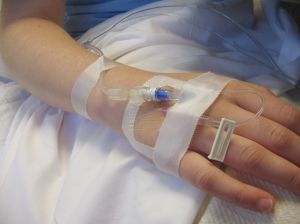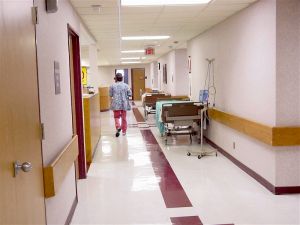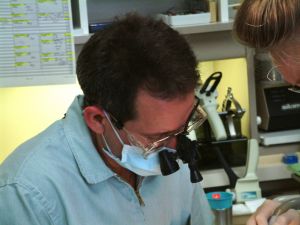Carl v. Muskegon County is an appeal filed in the United States Courts of Appeals for the Sixth Circuit. This case involved a plaintiff who suffered a psychotic break while working as a home healthcare provider. He allegedly urinated on one patient’s head and tried to pour liquid soap on another.
He was arrested and charged with abuse of a vulnerable-adult and held at the county jail as a pretrial detainee. Due to his strange behavior and the nature of the offense, the plaintiff was given a psychiatric evaluation to determine if he was a danger to himself or others at the jail.
According to court records, the county jail used an outside contractor for all mental health services at the facility. The county selected this contractor. While two of the contractor’s employees where performing the evaluation, they indicated plaintiff was “floridly” psychotic. They also noted that the anti-psychotic medication he was currently taking was not very effective. Finally, they recommended that he be transferred to a psychiatric hospital.
Plaintiff was also diagnosed with paranoia, because he saw a glowing light in his cell that was tugging on his brain. But because employees who examined the plaintiff were not medical doctors, but rather limited-licensed psychologists, they did not have the authority to order an involuntary commitment of a patient, regardless of his or her mental state. They chose to ask for help from a doctor who was working as an independent contractor to the jail’s mental health services provider.
This doctor knew the plaintiff was on anti-psychotic medication prescribed by other workers. During evaluation, plaintiff denied all things to which he admitted during the first evaluation. He denied being depressed, denied any suicidal or homicidal ideations, and denied all symptoms that he discussed in the first evaluation. The doctor described the plaintiff as pleasant and cooperative and determined that he was not in need of additional mental health services.
Plaintiff filed suit alleging that the doctor and other employees of the home health care company were negligent in not properly treating his condition. This suit was filed in the United States District Court under 42 U.S.C. §1983. As your Boston personal injury lawyer can explain, this is known as a civil rights violation case.
Continue reading

 Boston Personal Injury Attorney Blog
Boston Personal Injury Attorney Blog





 In
In 


